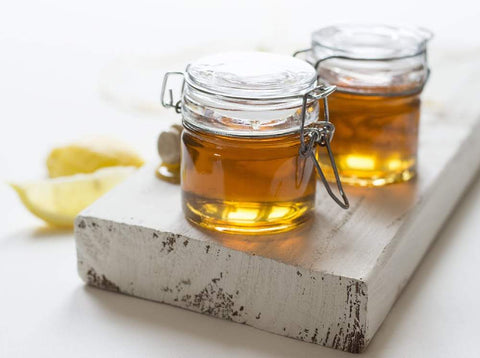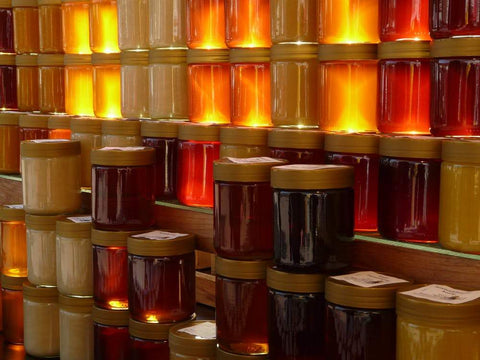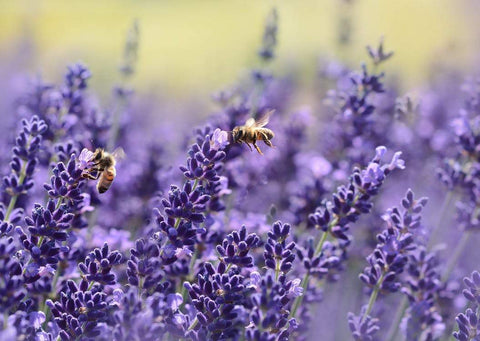While excavating ancient Egyptian tombs, archeologists have often found pots of honey amongst the tombs artifacts. And more surprising still is that these thousands of years old honey is still preserved. Over the years as archeologists have uncovered these ancient honey pots and have discovered that the honey remains unspoiled, a remarkable testament to the eternal shelf-life of honey.
So why does honey seem to never spoil?
Just to quickly name a few factors as to why honey has an eternal shelf life—its acidity, its lack of moisture and the presence of hydrogen peroxide—work in perfect harmony, allowing the sticky treat to last forever.
Other examples of food that also has an eternal shelf life in their raw forms are salt, sugar, dried rice just to name a few. Honey however can remain preserved in a completely edible form which is different from these others. You wouldn’t eat uncooked rice or straight salt, you could however eat the thousand-year-old honey straight from the tomb without any preparation the same as if it had been bottled that same day.
So, let’s talk more about what makes this special food so special.
Just to start we can all agree that honey is a sugar. Sugars are hygroscopic, meaning that contain very little water in their natural state but can suck moisture from the air when left unsealed. Honey in its raw and natural form have very low moisture content. For this reason, honey is a poor environment for most bacteria and microorganisms to live. They would basically just get smothered by all its thick, rich goodness. In order for honey to spoil it would have to have something inside of it that can spoil. With it being such an inhospitable environment for the organisms, they do not live long enough to to have a chance to spoil within the honey.
As I stated above honey is naturally acidic, extremely so. The pH of honey is between a 3 and 4.5 approximately which is getting on the higher end of the pH scale for acidity. Being that it is so acidic means that it will pretty much kill off anything that attempts to grow there, which only adds to its already inhospitable environment for organisms. This also makes honey a great antibiotic for medicinal purposes.
This can also be true for other foods, such as molasses. Molasses is a byproduct of cane sugar however so though it will take a long time it will eventually spoil.
So why is honey different from other sugars in this way?
Must be magic, right?
Not really but pretty close, something more along the line of a special kind of alchemy is used to make honey. As you all may know, Nectar is first gathered by bees to make honey, which naturally has a high-water content, about 60 to 80 percent.
So how does this high moisture content nectar become honey which has a low moisture content?
During the process of making honey the bees play a huge role in removing much of this moisture, it a very surprising way. By flapping their wings when transferring the nectar to the hive and in the process of moving through the hive they dry out the nectar.
Now we both known it can’t just come down to drying out the nectar and you would be right. The bee’s stomach also plays a big role in honey’s resilience. Bees have an enzyme in their stomachs call glucose oxidase and when bees regurgitate the nectar from their mouths into the combs to make the honey, this enzyme mixes with the nectar, which in turn breaks down the nectar into two different by products, gluconic acid and hydrogen peroxide. Now we all know what hydrogen peroxide is, it is an antiseptic used to prevent infection of cuts, scraps, or burns. So, if you didn’t think microorganism and bacteria had a chance before, they most certainly do not now as the hydrogen peroxide works against them the insure that nothing bad could possibly grow within the honey.
This is just another great reason why people have been using honey for centuries to treat injuries. Seeing as it is so thick, kills bacteria and microorganism, and contains hydrogen peroxide, honey creates the perfect barrier against wounds so that they don’t become infected.
Honey being used for medicinal purposes was records earliest in Sumerian tablets in the city of Summer. Based on their ancient records we have learned that they used honey in almost half of their medicines, making all sorts of ointments to treat anything from skin to eye diseases. They would simply cover the wound or diseased area with honey to act as a bandage to keep out infection and help the healing process.
As I stated earlier, if honey isn’t in a seal container, it will start to suck moisture out of it surroundings. Moisture can lead to infection, so by sucking the moisture out of the wound it helps to stave off infection. Pair this with the minute amount of hydrogen peroxide within the honey you have a very useful natural band-aide to keep away infection and promote healing. But don’t just take my word for it. Many would write off honey being used in such a way as folk medicine, an old wife’s tale. However, in the last decade a medical device company known as Derma Sciences has been researching and marketing MEDIHONEY, a bandage used in hospitals around the world that is covered in honey.
Many of the honey you can buy from big supermarkets has likely been heated, strained, and processed. Which means that it no longer contains the particulates from raw honey, such as pollen and enzymes. For this reason, the honey does not really crystallize because it there are no longer any molecules for the liquid to crystallize around. However, if you make sure to check the labels and buy raw, unprocessed honey from the supermarket or a local vendor then the particulates with have not been strained out or destroyed by overheating the honey. The honey will have a higher rate for how quickly it will crystallize. This is nothing to worry about, however, your honey has not gone bad or spoiled. Crystallization is completely normal occurrence in raw honey.
You can check out this article here about how to safely decrystallize your honey:http://health-benefits-of-raw-honey.blogspot.com/2017/07/how-to-decrystallize-honey-its-mid.html?spref=fb
The final factor that is key to Honey having a long shelf life is in fact the way in which honey is stored. A jar of honey being sealed properly is key to its survival. If left open in a humid environment, it will spoil. Because honey can such moisture from the environment it leaves itself vulnerable to bacteria. So as long as honey is sealed up with no added water to it, it will have a very long and useful shelf life.
So, if you’re interested in keeping honey for hundreds of years, do what the bees do and keep it sealed, which may prove a hard thing to do with such a delicious and versatile treat.




